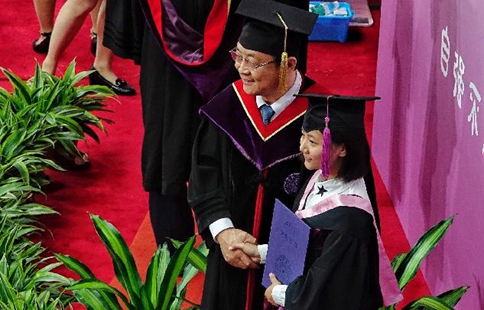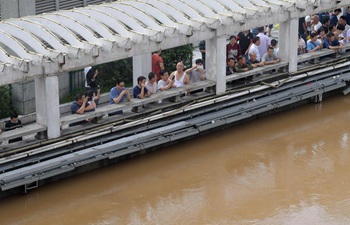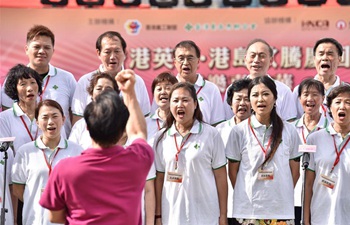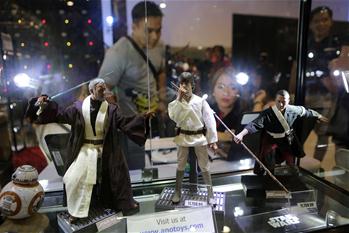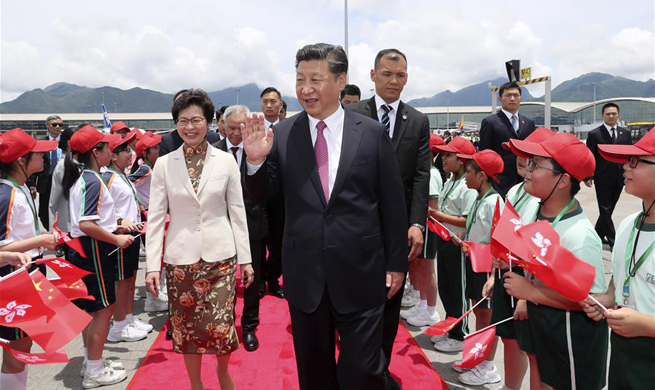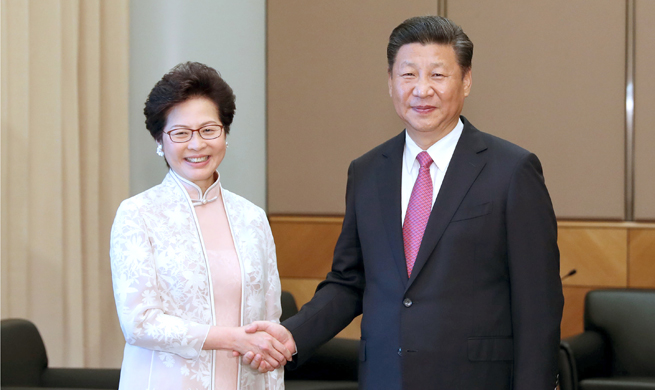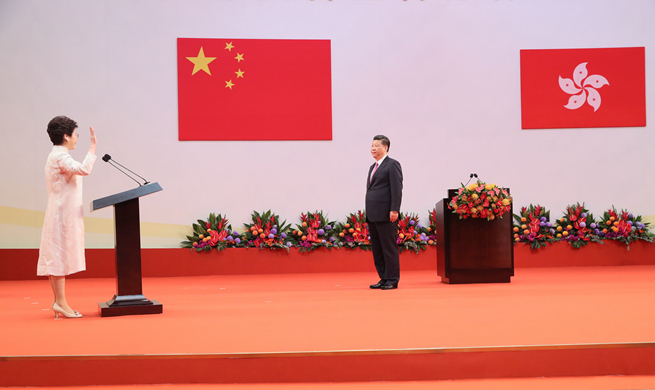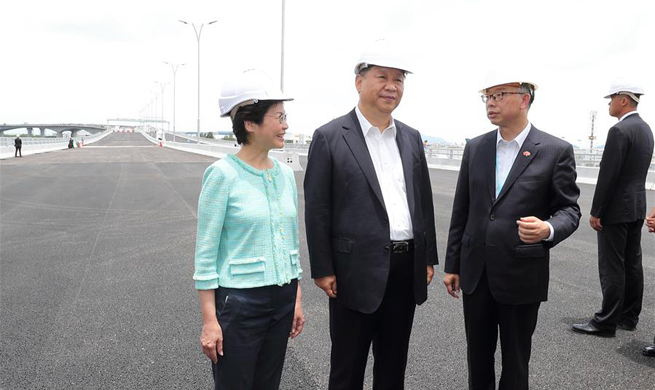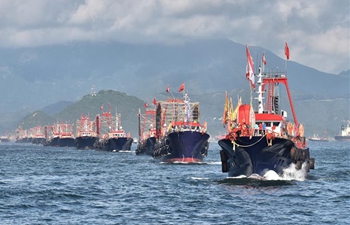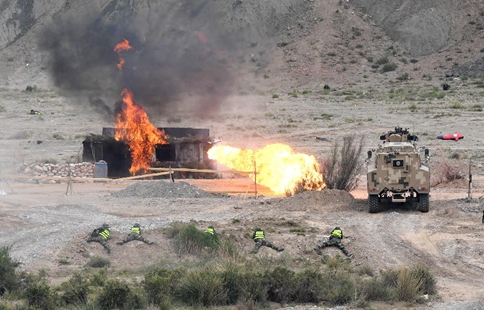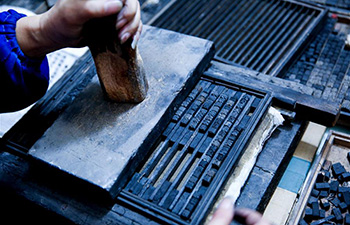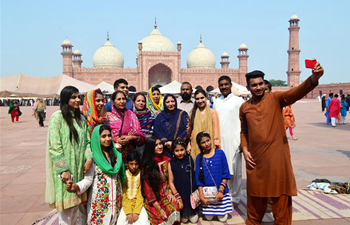JUBA, July 2 (Xinhua) -- The exiled leader of South Sudan's main rebel group (SPLA-IO) has declined to meet a delegation of national dialogue officials, a spokesman for the rebel group said Sunday.
Lam Paul Gabriel, deputy spokesman of the SPLM-IO said Riek Machar, who is currently in South Africa under house arrest will not meet the dialogue team because they think the national dialogue is not important amid the ongoing war.
"The national dialogue is not important now than stopping the raging genocidal war in South Sudan. The SPLA-IO will not participate in this national dialogue unless peace is achieved first. He refused to meet them because the national dialogue is not important now," Gabriel said.
A high-level delegation of South Sudanese officials led by Angelo Beda, co-chair of the National Dialogue travelled to South Africa on Wednesday seeking to convince Riek Machar to join the dialogue.
The government had previously barred the exiled rebel leader from the national dialogue, demanding him to first end his armed resistance.
But Juba was put under intense pressure by the international community and local stakeholders calling for transparency and inclusivity of the national dialogue- prompting it to open avenues for negotiations with Machar.
The dialogue team said in June that they will be traveling to South Africa, Sudan, Kenya and Ethiopia in a bid to negotiate with key opposition officials to involve them in the peace process.
The rebel spokesman said the group would only join the process once the war stops, arguing that the South Sudan government is trying use the dialogue to escape accountability for crimes committed during the civil war.
"The SPLA-IO is aware of the tricks the government is playing in trying to brand Dr Riek Machar as a leader against peace in South Sudan by forcefully sending this team even after our chairman made clear his stand," Gabirel said.
"He also wants all parties to the conflict to be accountable to their action. This is what the government is afraid of because they are aware of their own criminal activities towards civilians that is why they prefer National dialogue to be manipulated by them and avoid accountability," he added.
South Sudan has been devastated by civil war that broke out in December 2013 after President Kiir accused his former deputy Riek Machar of plotting a coup. Machar denied the accusation but then mobilized a rebel force.
Tens of thousands of South Sudanese have been killed, communities divided along ethnic lines and millions displaced since December 2013.
A peace deal signed in August 2015 between the rival leaders under UN pressure led to the establishment of a transitional unity government in April, but was shattered by renewed fighting in July 2016.
The UN estimates that more than 3 million people have been forced into neighboring countries and another 7.5 million people across the country are in need of humanitarian assistance and protection.





